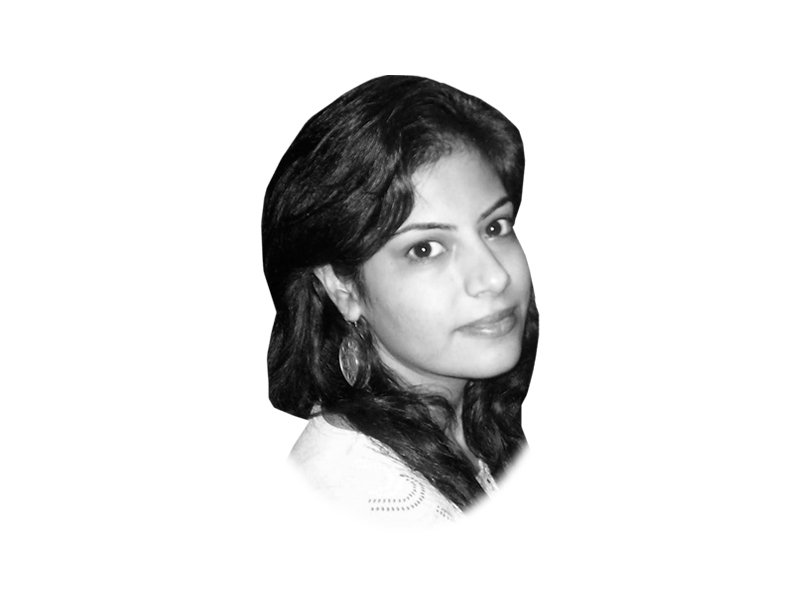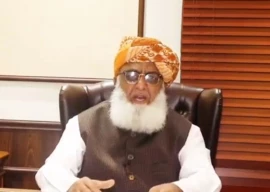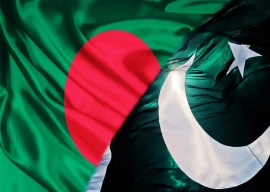
It is not difficult to fathom the reason behind the growing insecurity in these cities: the rise in criminal activities, skyrocketing inflation, lack of basic facilities such as natural gas during winter, water shortage and load-shedding, of course.
During the last couple of months, there has been an increase in the cases of street crime in Rawalpindi giving rise to murmurs that the city was fast becoming a ‘second Karachi’. Criminals seem to be lurking at every nook and corner, trying to snatch your cell phones, laptops and other valuables. And, if you resist, they try to brutally attack or kill you.
Mothers feel scared when young ones head to school and when elders head to work. Meanwhile, people feel unsafe while walking on roads, near police pickets and in commercial areas. Mostly people, while leaving their homes in the morning for work, feel that they might not be able to see their families again.
This is disturbingly a trauma people of Karachi are familiar with. On the other hand, residents of the twin cities remain deprived of natural gas throughout this winter season which forces women to come out on the streets along with their children to protest.
In December 2013, massive protests were held in twin cities and roads remained blocked for hours and hours. Meanwhile, the cost of living in Islamabad has increased over the past few years making it difficult for a person earning a paltry Rs20,000 or Rs30,000 to continue living there. Middle and lower middle class people find it difficult to make both ends meet.
I have met many parents who want their children to get admission in private schools and universities but cannot bear their education expenses.
Besides, there are families who have stopped consuming meat, eggs, milk and seasonal fruit in their regular diet just because they cannot afford to have them. This ultimately makes them severely malnourished.
It seems that Islamabad, where the president, prime minister and other politicians of consequence live, is failing to set examples for other cities of the country.
Published in The Express Tribune, February 14th, 2014.

1731911943-0/trump-(25)1731911943-0-165x106.webp)

1731911251-0/BeFunky-collage-(64)1731911251-0-165x106.webp)

1731909919-0/Express-Tribune-(15)1731909919-0-270x192.webp)


1728020241-0/Express-Tribune-Web-(12)1728020241-0-270x192.webp)








COMMENTS
Comments are moderated and generally will be posted if they are on-topic and not abusive.
For more information, please see our Comments FAQ